
If you or someone you know is struggling with dry eye, you know how uncomfortable and sometimes frustrating the condition can be. Dry eye occurs when your eyes don’t produce enough tears or when the tears you do produce aren’t of the right quality. This can lead to irritation and discomfort. The good news is that there are ways to manage dry eye and improve your quality of life. Let’s explore what you can do and when to seek help. At Shanthi Nethralaya, we offer some of the best dry eyes treatment in Hyderabad, tailored to each individual’s needs.







Whether caused by environmental triggers or underlying health conditions, we provide holistic and advanced treatment for dry eyes to help relieve symptoms and restore eye comfort.
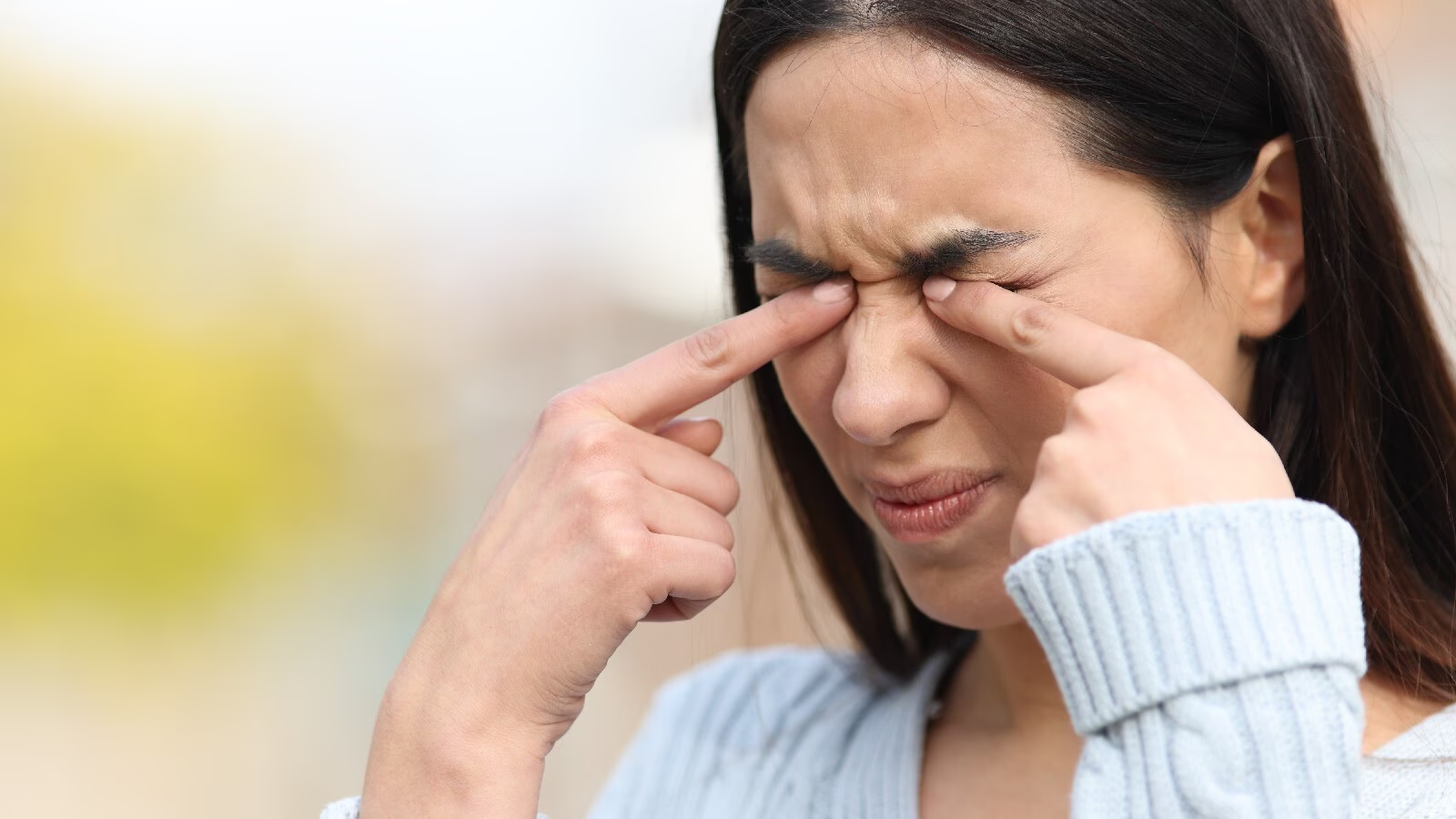
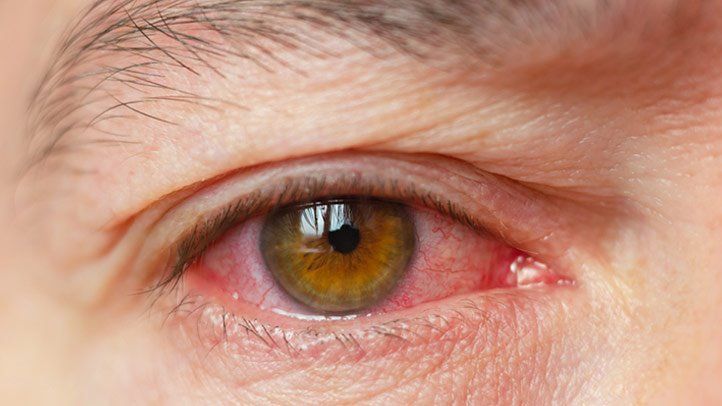
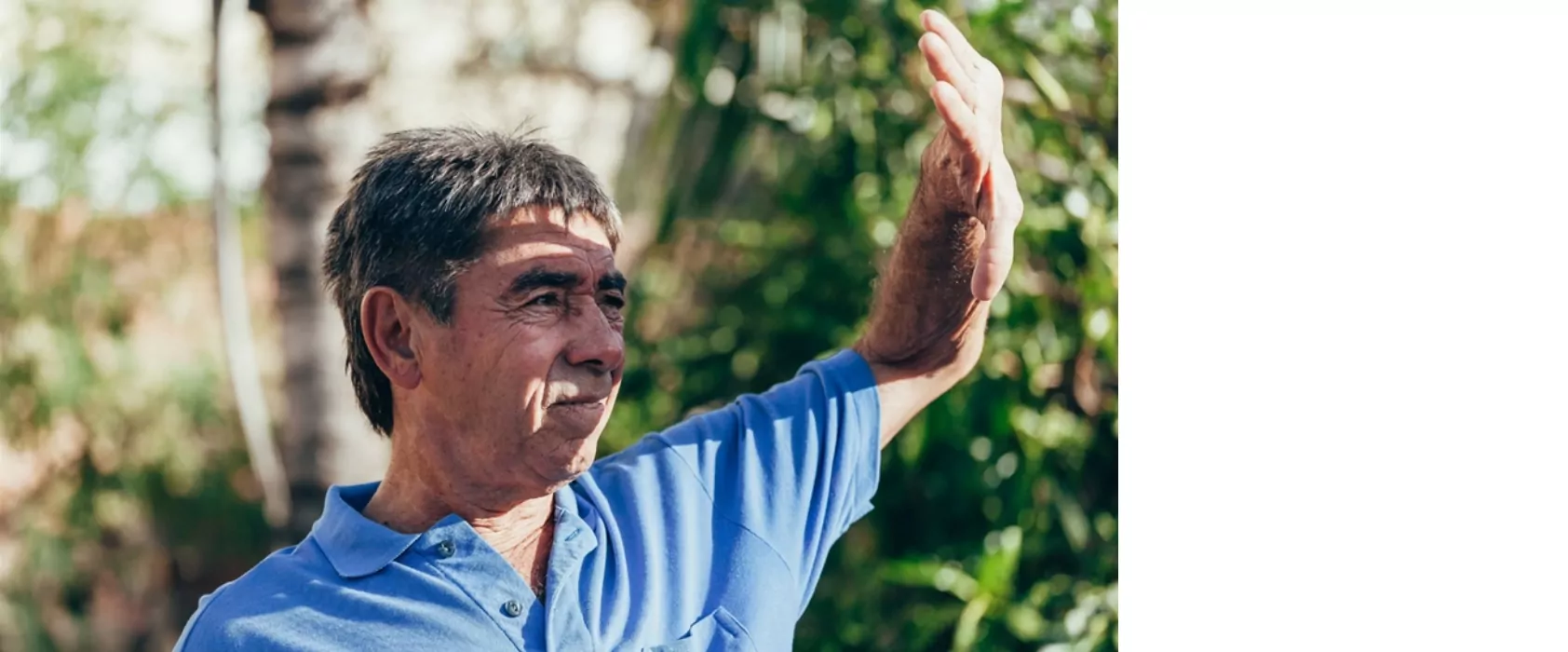


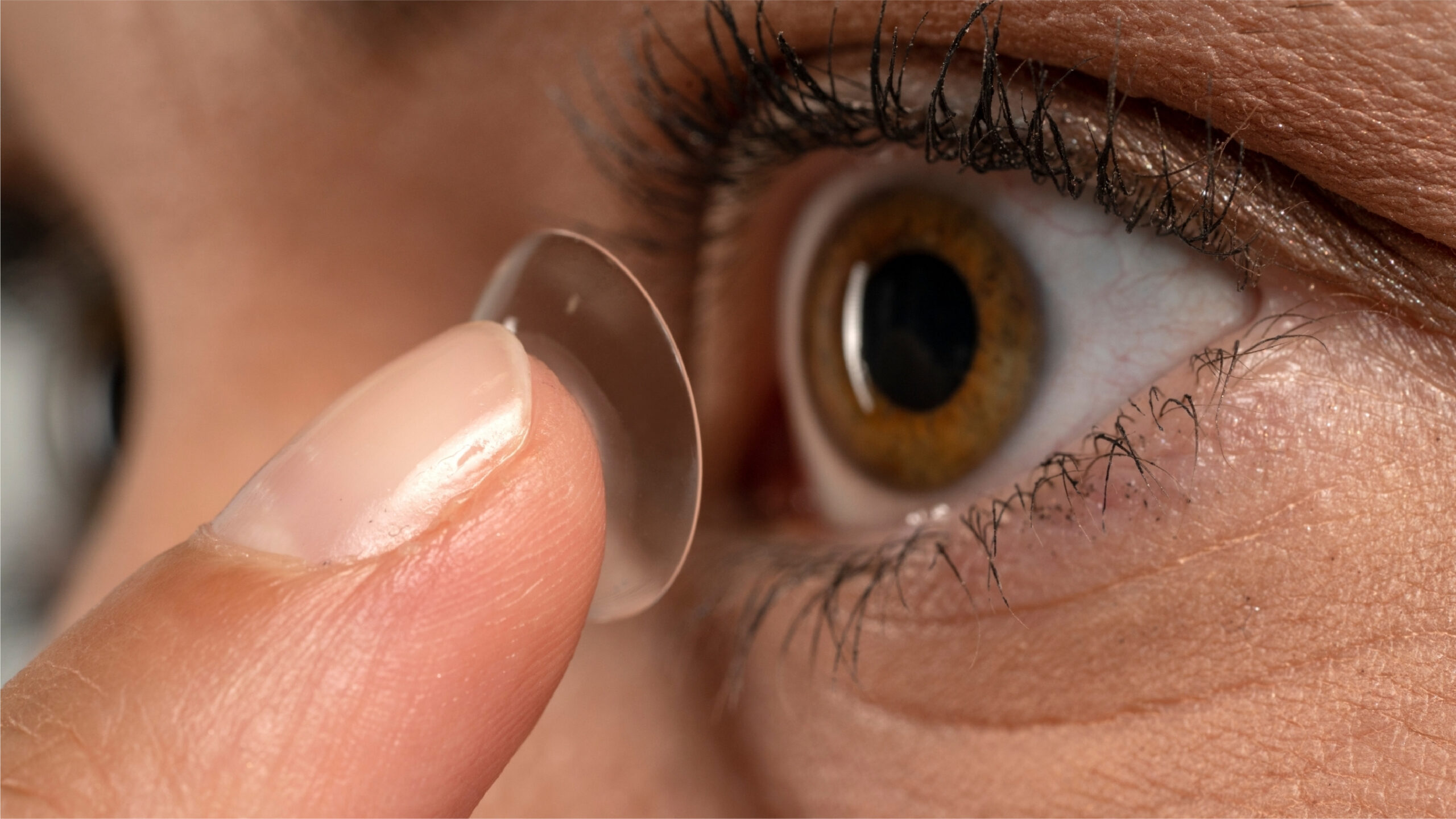
Recognizing dry eyes symptoms and treatment options early can help prevent the condition from progressing and impacting your quality of life.
Simple changes like staying hydrated, limiting screen time, and using humidifiers can make a difference. However, if symptoms persist, you may need clinical intervention. Our team offers the best dry eyes treatment options ranging from artificial tears to advanced therapies like IPL (Intense Pulsed Light).
If you wear contact lenses and are experiencing discomfort or difficulty wearing them, speak to your doctor.
If you have risk factors such as certain medical conditions or take medications known to cause dry eye, regular check-ups with your eye care professional are essential.
If your child experiences signs of discomfort or vision problems, we also provide specialized treatment for dry eyes in child patients, ensuring comprehensive pediatric care.
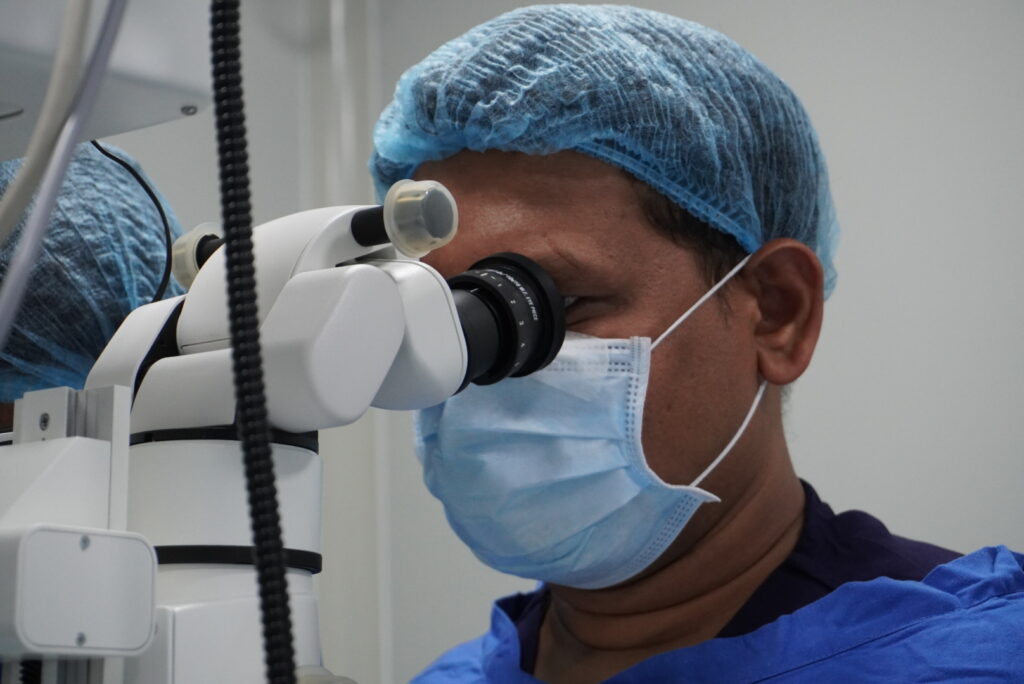
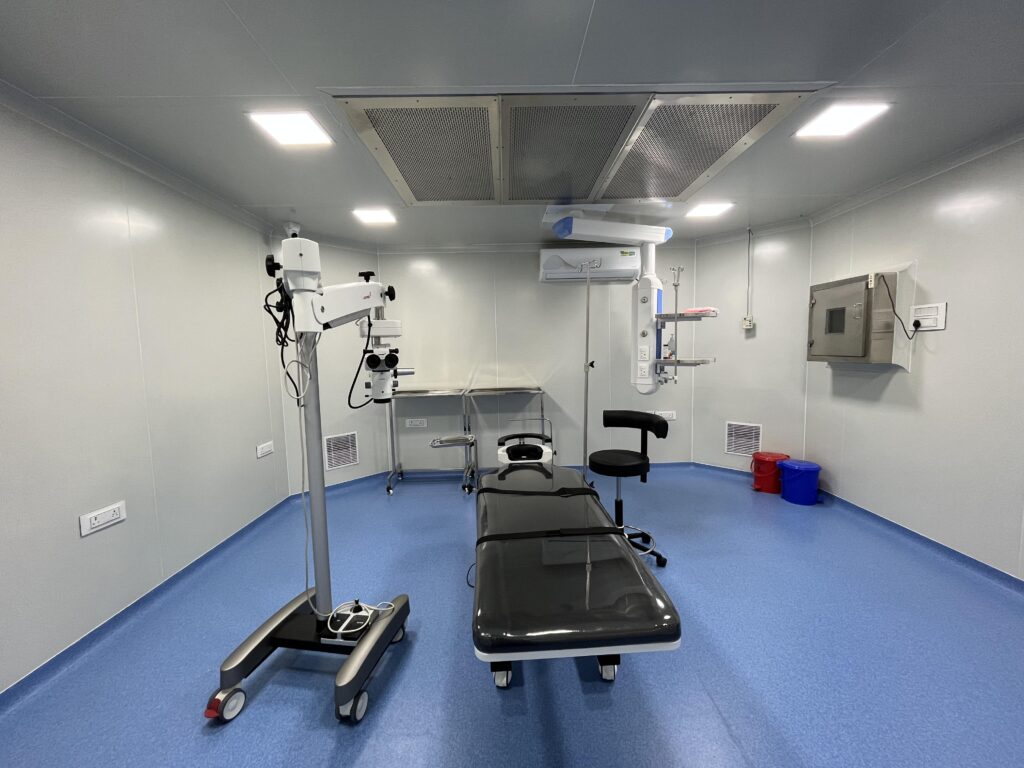

Many patients have found lasting relief and comfort through our care. If you’re searching for best dry eyes treatment in Hyderabad, Shanthi Nethralaya stands out as a trusted choice.
Shanthi Nethralaya Eye Hospital is conveniently located, and the staff strives to make your visit as smooth and stress-free as possible.
In conclusion, Shanthi Nethralaya offers specialized care for dry eye patients of all ages. Whether you’re seeking routine management or advanced therapies, our goal is to deliver effective dry eyes treatment for long-term comfort. Trust us for the most advanced treatment for dry eyes—for you and your family.
Dry eye can be caused by aging, hormonal changes, medical conditions, medications, environmental factors, contact lens use, and eyelid problems.
Intense pulsed light (IPL) therapy is a treatment option for dry eye that targets meibomian gland dysfunction (MGD), a common underlying cause of the condition. IPL therapy uses a series of light pulses to improve the function of the meibomian glands in your eyelids. Here’s more information and frequently asked questions (FAQs) about IPL therapy for dry eye

WhatsApp us